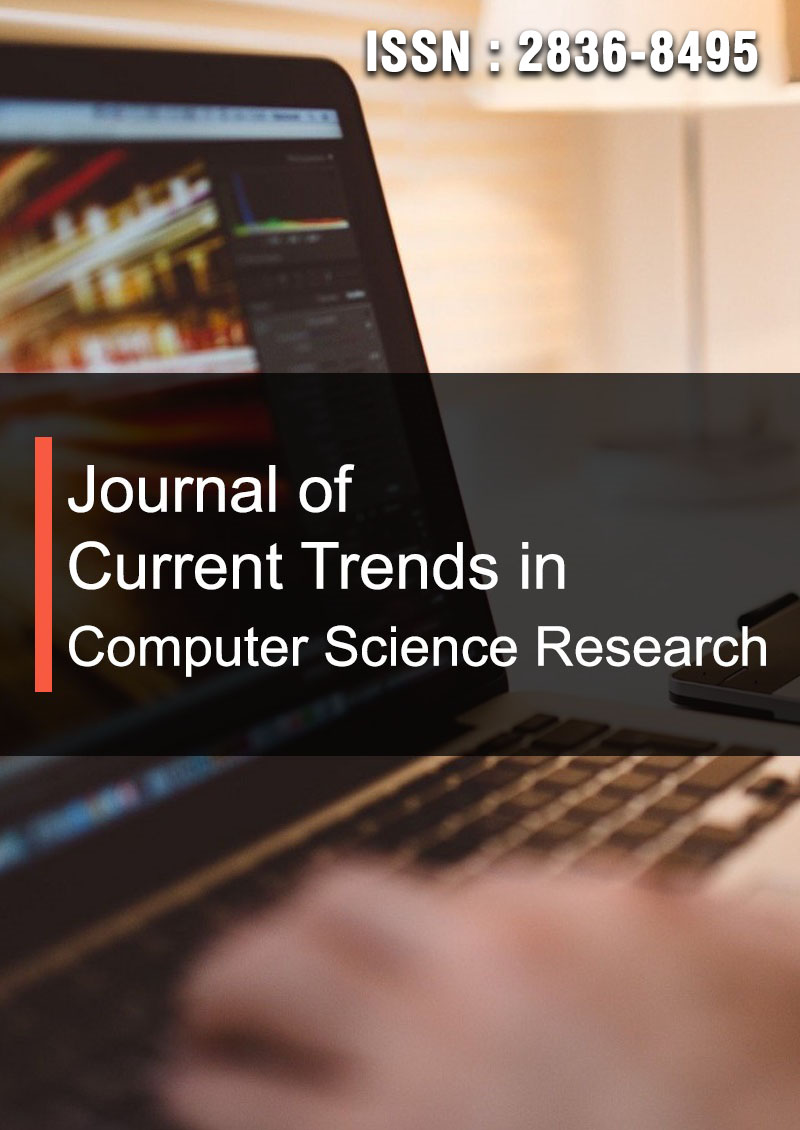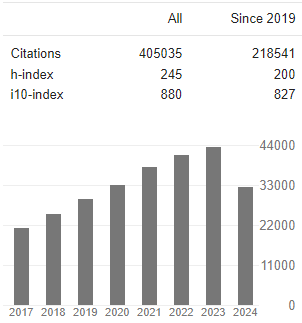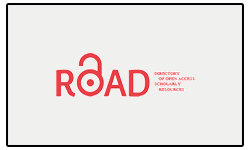Enhancing Anxiety Diagnosis through ADA BOOST-Assisted Decision-Level Fusion
Abstract
Seyedeh Sara Hoseini and kelvan Maghooli
Background: Humans naturally respond with anxiety to mental stress caused by a variety of circumstances. Anxiety impairs memory function and makes it difficult to learn and retain information. Additionally, sustaining high productivity while balancing life's stresses can be achieved through good anxiety and stress management.
New Method: This paper presents an effective technique for automatically classifying two anxiety levels: normal and anxious, using an analysis of EEG data. The EEG signals found in the DASPS database were utilized. This database includes 14-channel EEG recordings taken under normal and anxious settings from 23 individuals (10 male and 13 female, average age 30 years). Brain sub bands were extracted from EEG signals using wavelet transform. Different features such as Hjorth coefficients, entropy, autoregressive, and energy were extracted. The feature vector was reduced by the PCA method, and the classification was carried out by the Ada boost classification method.
Results: The results demonstrate the effectiveness and efficiency of the proposed model in diagnosing anxiety, with an accuracy of 80.58%.
Comparison with Existing Methods: Our study highlights the superior performance of the Ada boost method compared to other methods, showcasing its potential for accurate anxiety classification using EEG data.
Conclusions: In conclusion, the proposed method shows promise for automatic classification of anxiety levels using EEG data. By leveraging machine learning techniques and EEG analysis, our approach could contribute to improved anxiety diagnosis and stress management strategies.





